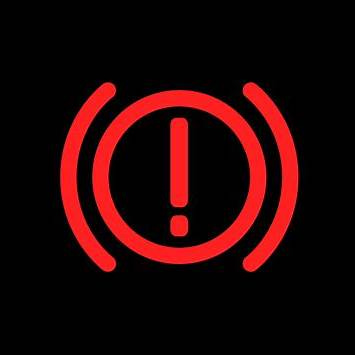Knowing Your Limitations: A Mark of Vulnerable Leadership
“Leaders who cannot acknowledge their limits risk creating blind spots that endanger both their people and their mission.” — Large and In Charge No More: A Journey to Vulnerable Leadership
We live in a culture that often celebrates “pushing past limits,” but vulnerable leadership requires something different—the humility to admit that you, like all of us, have limitations. Acknowledging our limitations doesn’t signal weakness or incompetence; rather, it creates space for learning, collaboration, and better decision-making. Leaders who resist this truth risk making poor choices, especially in rapidly changing environments.
History provides stark reminders. In World War I, senior commanders on both sides relied on outdated assumptions from past conflicts, ignoring the lethal new technologies of machine guns, artillery, tanks, and poison gas. Their failure to recognize their own limitations—and the changed character of war brought on by these new technologies—led to catastrophic losses. Only after millions had perished did both sides begin adapting tactics, introducing combined arms approaches and new strategies better suited to modern warfare. The lesson is clear: adaptation delayed by denial comes at a devastating cost.
The same lesson is visible today. Vladimir Putin launched his invasion of Ukraine believing his military could achieve a quick victory. By underestimating not only his logistical challenges and NATO’s resolve but also the extraordinary determination of the Ukrainian people and the leadership of Volodymyr Zelenskyy, he exposed both his army’s shortcomings and his own refusal to acknowledge limits. The result: a grinding, costly war with no end in sight.
Businesses face the same dangers when they fail to see their limitations. Wells Fargo, still reeling from its fake-accounts scandal years ago, pledged reform under the banner of “Change for the Better.” Yet reports in 2025 show a return to the same high-pressure sales culture, with employees once again pushed to meet quotas despite the risks to trust and compliance. Leadership’s refusal to acknowledge the limits of human bandwidth, customer tolerance, and ethical boundaries has reignited scrutiny and damaged credibility. Vulnerability at the top—admitting limits and addressing them openly—might have broken the cycle.
For leaders everywhere, the challenge is to stay vigilant: Do you invite honest feedback? Do you ask for input, or do you only seek validation? Are you motivated by outcomes or by proving yourself right? Vulnerable leaders embrace these questions, because acknowledging limitations is the first step toward growth. In the end, admitting what you don’t know is not a liability—it’s an enduring strength.


